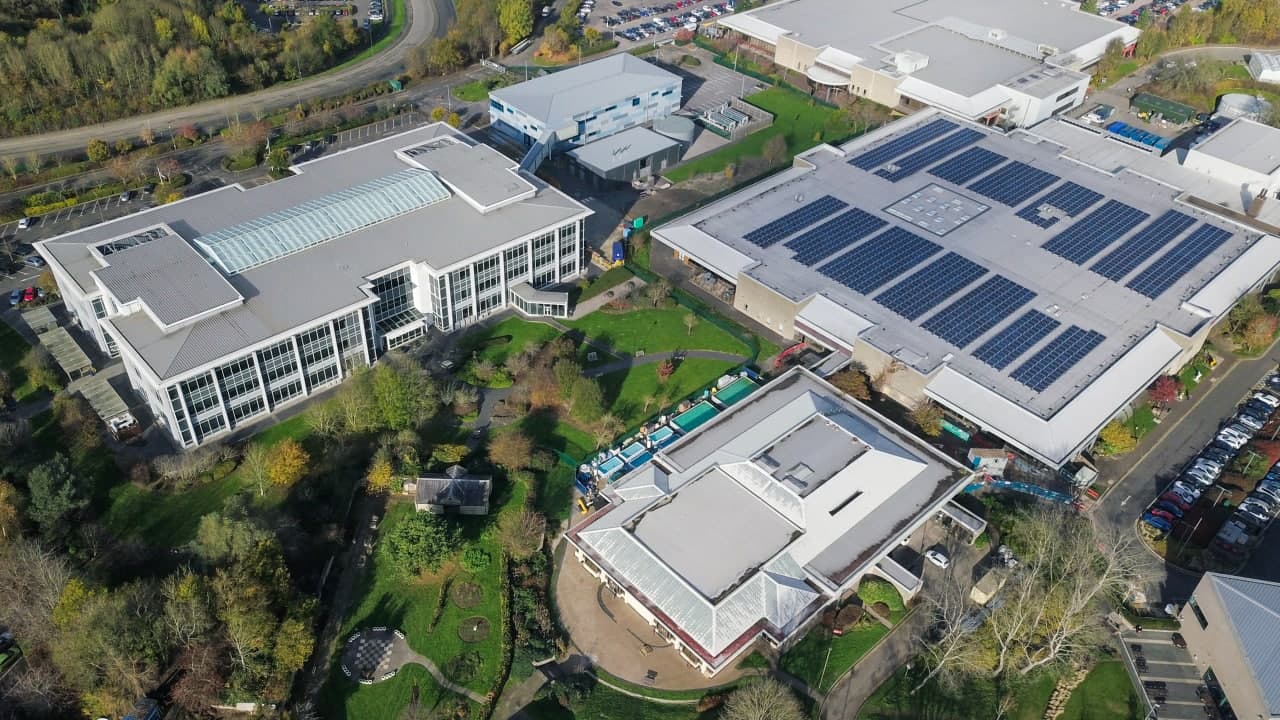The Master of Applied Politics (MAP) program is a hands-on graduate program grounded in the theoretical foundations of the discipline of political science.
Students learn real-world skills — such as policy, electoral and media analysis, survey instrument design, and problem solving in domestic and international contexts — and gain practical experience in placements with community organizations, local politicians and government agencies.
Students work closely with award-winning professors in a supportive environment while also taking advantage of the program’s connections to government, schools, not-for-profits and think-tanks, including the nearby Balsillie School of International Affairs, the Centre for International Governance Innovation and the Lazaridis School of Business and Economics.
All courses incorporate applied elements through experimentation, simulation and interactive projects. Students learn from faculty from diverse backgrounds — experts on topics as broad as political identity in Quebec and foreign intervention in Haiti — and from practitioners, including former MPP and Ontario Cabinet Minister John Milloy, and guest experts, which have included former Prime Minister Paul Martin, federal trade negotiator Terry Collins-Williams and IPSOS Reid CEO Darryl Bricker.
STAND OUT FROM THE CROWD
The Master of Applied Politics attracts both recent graduates who want an edge as they launch their careers in the public or private sectors as well as mature students who want to take their careers to the next level.
“The Master of Applied Politics program allows you to tailor your degree to your specific interests and career goals,” says Emma Linton, who graduated in 2016 and now works for a federal agency in Waterloo. “In my case, it gave me the skills and knowledge needed for work in public policy.”
Alumni have found work in politics, public service, law, journalism, the non-profit sector and education, among other sectors.
Funding
Eligible domestic students admitted to study on a full-time basis are entitled to one year of funding totalling, on average, $14,500. This support may be made up of teaching assistantships, internal/external scholarships, and/or faculty-funded studentships or research assistantships.
Winners of major external awards (OGS, QEII and Tri-Council) may be eligible for top-up funding which includes the Dean’s Graduate Scholarship (total value exceeds $10,000).
A list of all funding opportunities available to Laurier graduate students, including information about OGS, QEII and Tri-Council, is available on our graduate funding webpage.
Research Focus
Our diverse faculty offer research expertise in:
International relations and cross-border governance.
Public policy (e.g. social, aboriginal, environmental, (multi)cultural, migration).
International political economy and trade.
Public opinion, elections and parties.
Canadian politics (e.g. multi-level governance, Quebec).
Area studies (e.g. North America, Africa, Europe, Asia, Latin America).
International human rights.
Careers
Our graduates have gone on to careers in:
law (e.g. litigator, legal assistant)
public service (e.g. policy analyst, economic development officer)
business and trade sector (e.g. communications officer, policy/legal analysis)
market research (e.g. public opinion analyst)
advocacy and non-profit sector (e.g. researcher, lobbyist, policy/legal analysis)
politics (e.g. political aide, legislative analysis)
journalism (e.g. press officer, print journalist)
education
برای دانشجویان بینالمللی
Students must have the following:
A four-year (honours) undergraduate degree (or equivalent) in political science or a related field.
A minimum B+ average in your last two years of undergraduate study.
An honours graduate from a program other than political science may be admitted if evidence justifying admission is offered and the student has completed a minimum of two courses in political science, one of which must have a social science theory component; research methods is strongly recommended.
English Proficiency
The Test of English as a Foreign Language (TOEFL):
TOEFL iBT: minimum score of 89, with minimum skill scores of 21 in each of the skills tests (speaking, writing, reading and listening).
Paper-based TOEFL: minimum of 573.
The International English Language Testing System (IELTS): minimum score of 7.
Pearson Test of English (PTE): minimum score of 60.
The Canadian Academic English Language (CAEL) Assessment: minimum score of 70.
1 Year - Full time
![شهریه]()
شهریه
CAD$21,807.00 (US$ 15,674) per yearAccommodation Dormitory Style (Waterloo) Traditional -3,666.04
![تاریخ شروع]()
تاریخ شروع
![آدرس]()
آدرس
Waterloo Campus, Waterloo, Ontario, N2L 3C5, Central Canada, Canada

توضیحات دوره
پیش نیاز ها
گزینههای تحصیل





 با ما در ارتباط باشید
با ما در ارتباط باشید







